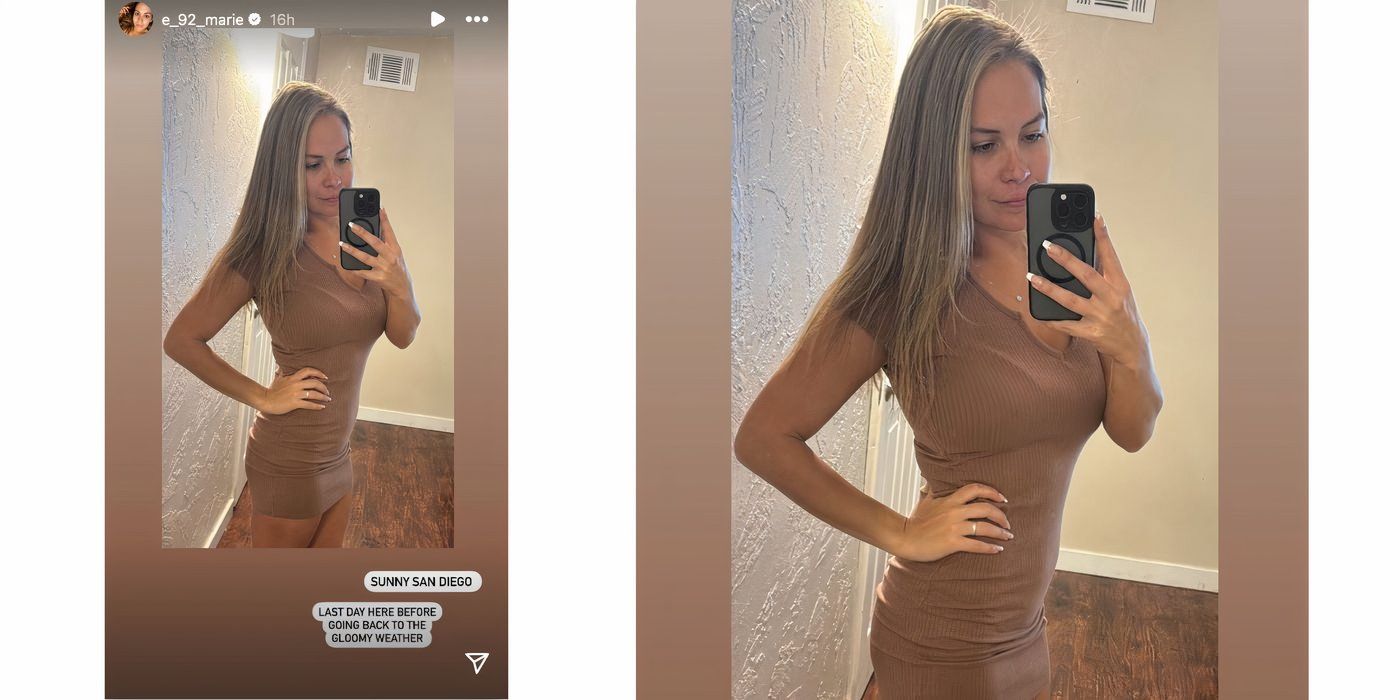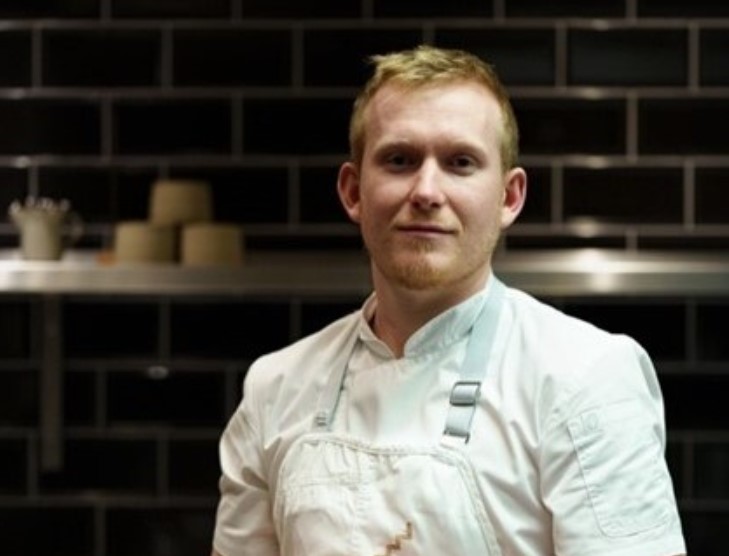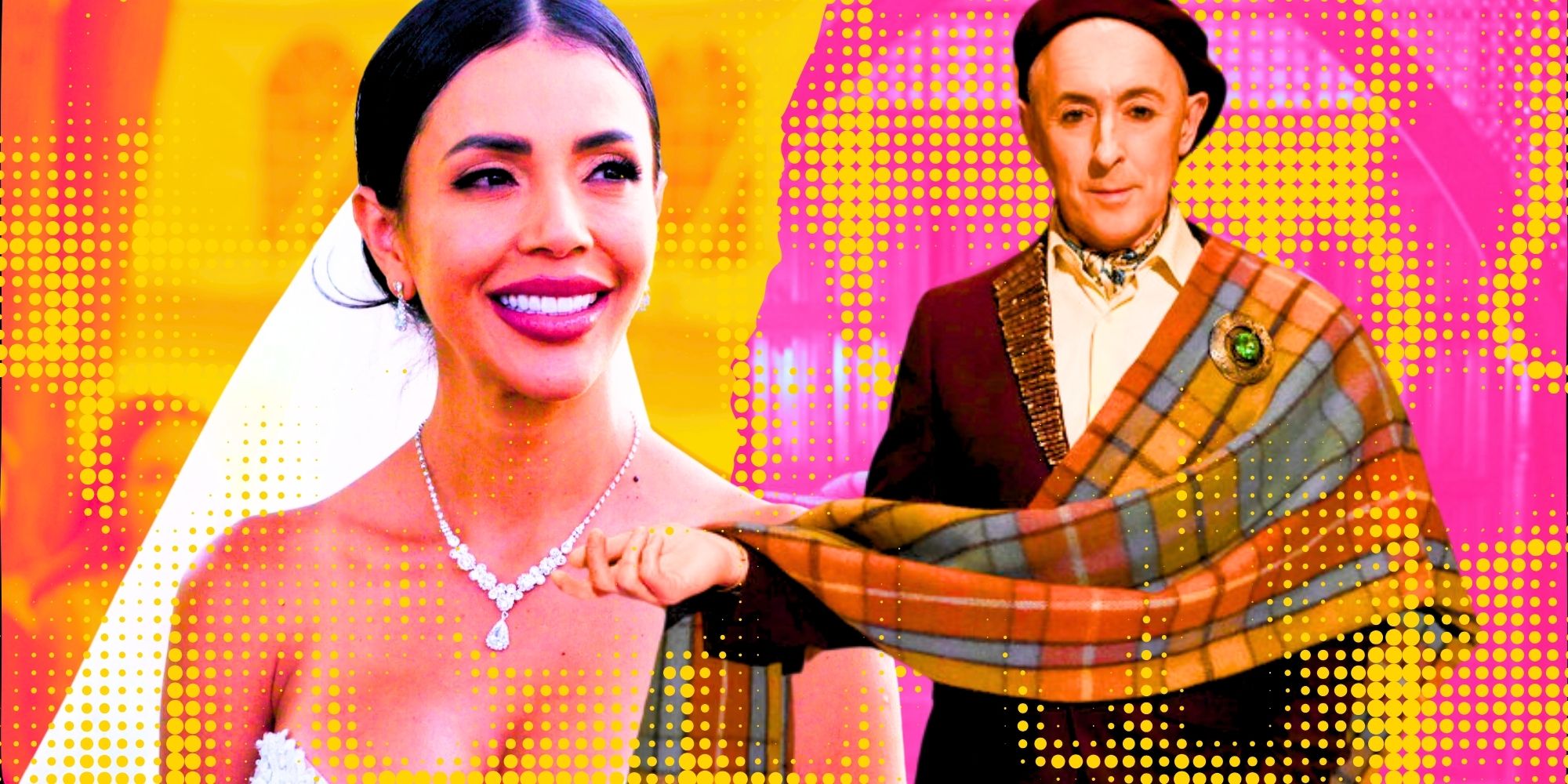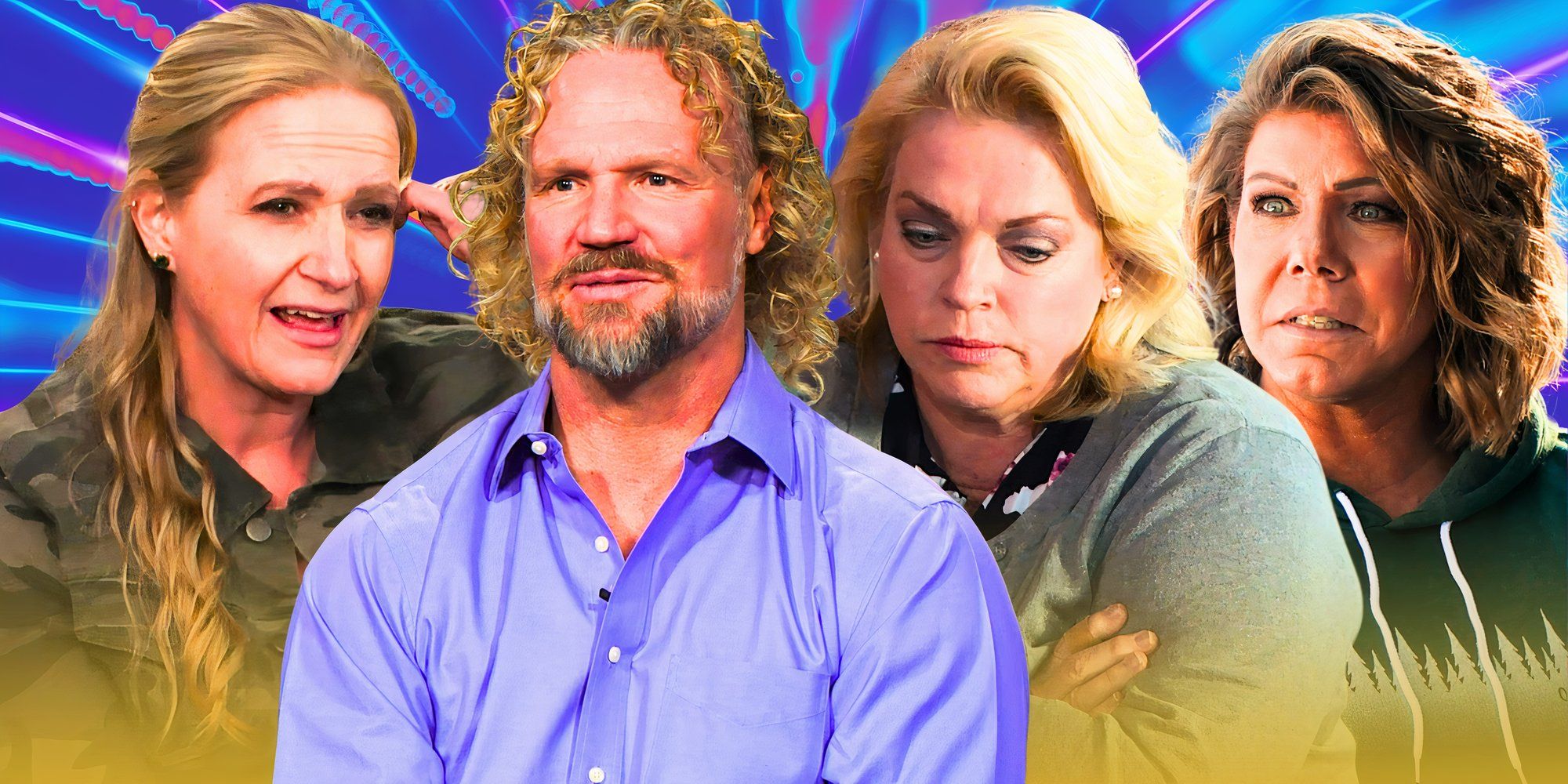Gender parity has come a long way since the Tudors, but one of the take-aways of Six is that there are still “loads of unfortunate parallels” with womens’ experiences now. At one point in the show, Katherine Howard notes of her own situation: “Turns out some guys just employ women to get them into their private chambers.” A pause. “It was a different time back then.”
But Moss, clearly a perfectionist, is not entirely satisfied with the show’s progressive credentials. “At the press night for the London production of Six, we [Moss and Marlow] sat down in glamorous outfits to watch the show, and thought ‘This is the straightest show I’ve ever seen, these six cis women being like ‘I’m going to talk about my husband’ and we said to each other, ‘How did we write this?’”
If she could go back and rewrite it, she might include a historical anecdote that at the court New Year festivities of 1541, Katherine Howard and Anna of Cleves stayed up dancing together long after gouty Henry had called it a night. “Maybe they were together!” chuckles Moss, only half joking.
Wouldn’t it be a little anachronistic to introduce a queer narrative into a historical drama in which the notion of a homosexual identity did not exist?
“It’s also anachronistic to have them singing pop songs,” she shoots back cheerfully. “Anachronism is a beautiful, important thing that we need to use a political tool. There’s no point in history if it’s supposed to be accurately representing the past, it’s all about shaping the present.”
Another contemporary feminist issue, which has a subtle but thoughtful footprint in the show, is transgender rights. While second-wave feminists often feel uneasy at the idea of people who were not born biologically female claiming female space and identity, many of Moss’s generation are passionately committed to the personal freedom of gender self-identification.
“When we did our very first student production, we cast a friend of ours who’s non-binary as Anna of Cleves, and they were really amazing at chatting to us and being like, ‘So here you said ‘ladies and gentlemen’… and so we would change the language to be more inclusive.”







